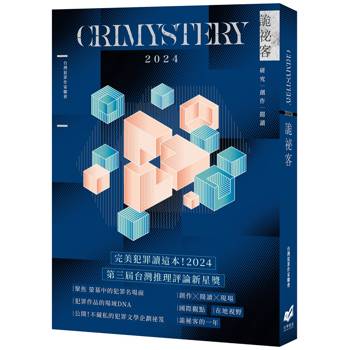A volume in Contemporary Human Resource Management: Issues, Challenges, and Opportunities Series Editor Ronald R. Sims, College of William and Mary The primary purpose of this book is to stimulate dialogue and discussion about the most effective ways of teaching ethics. Contributors to the book focus on approaches and methodologies and lessons learned that are having an impact in leading students to confront with accountability and understanding the bases of their ethical thinking, the responsibilities they have to an enlarged base of stakeholders (whose needs and interests often are conflicting), and their stewardship to use their talents responsibility not only in fulfilling an enterprise's economic goals but also to recognize the impact of their actions on both individuals and larger society. The primary audiences for the book are those individuals responsible for teaching management, especially those with responsibilities for teaching business ethics. But the book is also designed for practicing managers, for these managers have among their most important responsibilities the development of people in their organizations who have the integrity, values, and competences to be effective managers of economic resources while at the same time to recognize the roles of their enterprise in shaping society
| FindBook |
有 1 項符合
Experiences in Teaching Business Ethics的圖書 |
 |
Experiences in Teaching Business Ethics 作者:Sims 出版社:Information Age Publishing 出版日期:2011-06-14 語言:英文 規格:平裝 / 290頁 / 23.4 x 15.5 x 1.5 cm / 普通級 |
| 圖書館借閱 |
| 國家圖書館 | 全國圖書書目資訊網 | 國立公共資訊圖書館 | 電子書服務平台 | MetaCat 跨館整合查詢 |
| 臺北市立圖書館 | 新北市立圖書館 | 基隆市公共圖書館 | 桃園市立圖書館 | 新竹縣公共圖書館 |
| 苗栗縣立圖書館 | 臺中市立圖書館 | 彰化縣公共圖書館 | 南投縣文化局 | 雲林縣公共圖書館 |
| 嘉義縣圖書館 | 臺南市立圖書館 | 高雄市立圖書館 | 屏東縣公共圖書館 | 宜蘭縣公共圖書館 |
| 花蓮縣文化局 | 臺東縣文化處 |
|
|
圖書介紹 - 資料來源:博客來 評分:
圖書名稱:Experiences in Teaching Business Ethics
|











